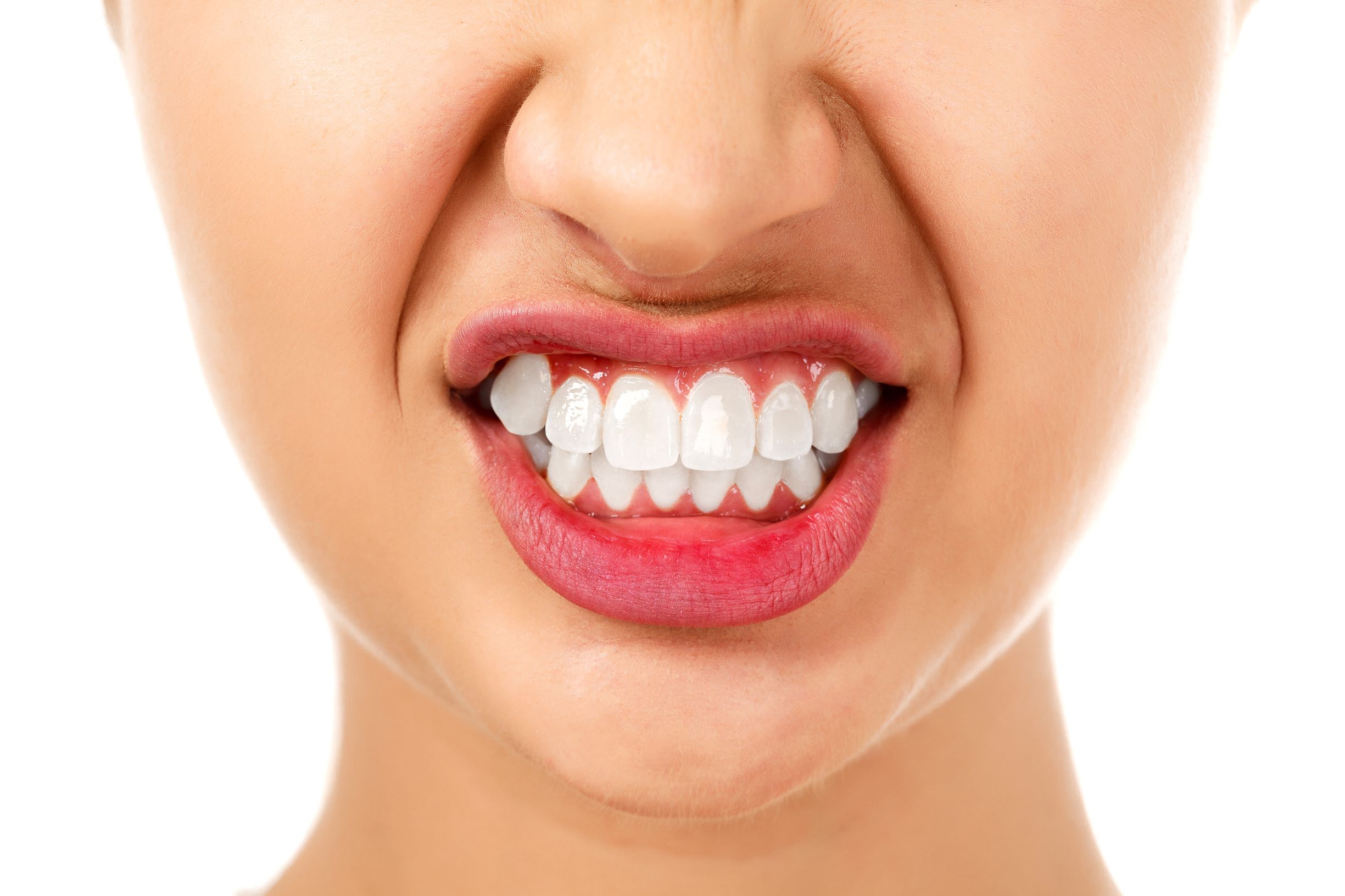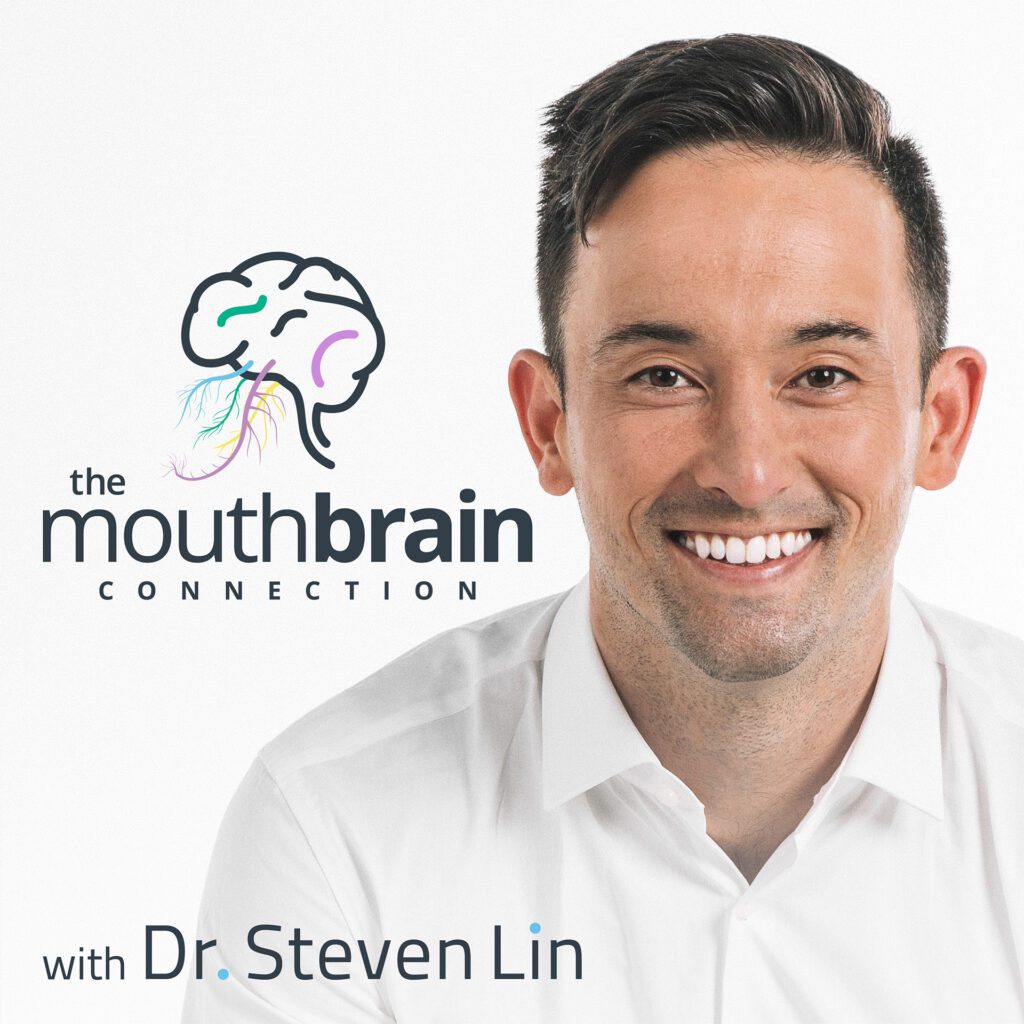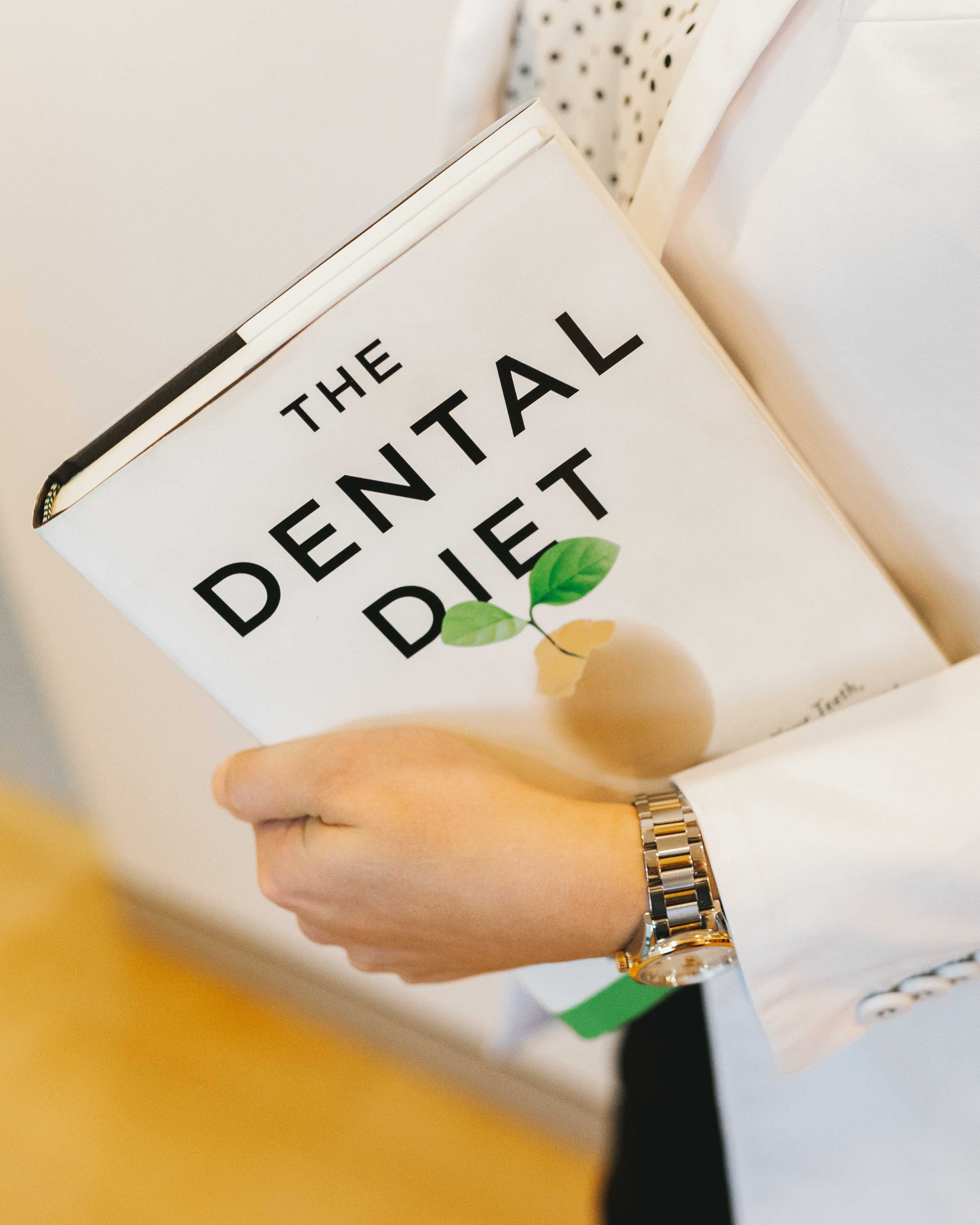Upper Airway Resistance Syndrome – Never heard of UARS? Well don’t worry, you’re not alone. It’s always been here, but as a health profession we’ve been looking at it all the wrong way.
UARS best describes the body in a state of oxygen deprivation.
Teeth grinding is a very common finding in the dental exam. Studies suggest that 8-31% of the people suffer from night or daytime teeth grinding. Often people are unaware of teeth grinding at night. For those that do know, it’s usually because a partner has told them. Or they have a headache or jaw pain in the morning.
People who have stressful jobs or home life seem more susceptible to teeth grinding. But a critical piece of the puzzle is breathing-related sleep disorders.
The people I would see who reported teeth grinding also had a similar set of symptoms. There were more females, with small jaws and necks. They had tiny mouths with crowded teeth who either needed or had orthodontics.
That was the dental findings, but another set of symptoms kept coming up. They would often describe another set of health issues. These included problems with digestive health, anxiety, depression, and daytime drowsiness. Not to mention problems concentrating or as they called it, brain fog.
Dig a bit deeper, and they would report sleeping on their stomachs. They have trouble sleeping on their backs and always wake up face down against the pillow.
Obstructive sleep apnea is often grouped with overweight, middle-aged males. But people with teeth grinding syndrome were slipping through the cracks.
The condition as it turns out was upper airway resistance syndrome or UARS.
Symptoms of UARS include:
- Small jaw, crowded teeth or previous orthodontic work (especially extraction orthodontics)
- Unable to sleep on back
- Small mouth and neck
- Low blood pressure
- Fainting or light-headedness
- Sinus pain or infection
- Chronic stuffy nose
- Deviated septum
- Temporomandibular dysfunction (TMD)
- Headaches or migraines
- Digestive problems like irritable bowel syndrome, Crohn’s disease, diarrhea, constipation, bloating
- Cold feet and hands
- Depression or anxiety or chronic stress
Our clinicians are trained in dental sleep medicine, which can help with UARS. If you are suffering from the above symptoms and are not sure why, please contact us for an appointment today.










